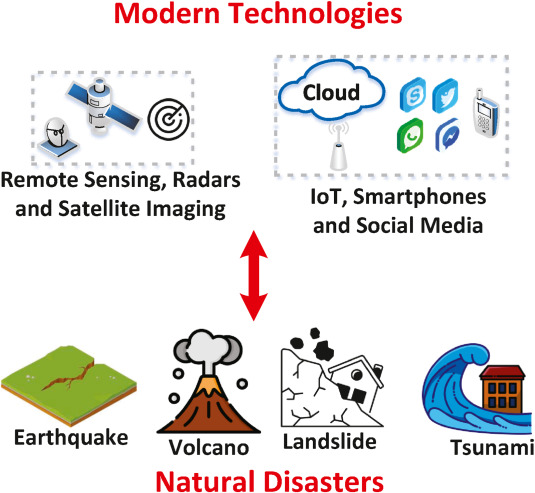Black holes and neutron stars are two amazing objects in space, formed from the death of massive stars. Describe how each one forms and explain the main differences between them. Focus on their size, density, and gravity. Also, mention how ...
The Kardashev Scale categorizes civilizations based on their energy consumption and technological capabilities, ranging from Type 1 (able to harness all energy resources on their planet) to Type 3 (capable of harnessing energy on a galactic scale). Speculating whether the concept of God aligns withRead more
The Kardashev Scale categorizes civilizations based on their energy consumption and technological capabilities, ranging from Type 1 (able to harness all energy resources on their planet) to Type 3 (capable of harnessing energy on a galactic scale). Speculating whether the concept of God aligns with a Type 5 or Type 7 civilization is intriguing yet deeply philosophical.
Type 5 civilizations, according to some interpretations, could manipulate energy on a universal scale, potentially controlling space-time and transcending physical limitations. This might loosely align with religious or metaphysical concepts of omnipresence and omnipotence attributed to God.
Type 7 civilizations, on the other hand, would be akin to beings that have surpassed the laws of physics as we understand them, possibly existing beyond our current comprehension of reality. Here, the idea of God could be seen as an entity or force that permeates all existence, shaping reality itself.
However, it’s essential to recognize that the concept of God transcends scientific categorizations like the Kardashev Scale. It encompasses spiritual, cultural, and moral dimensions that go beyond technological advancement or energy manipulation. Ultimately, whether God could be considered a Type 5 or Type 7 civilization remains a matter of personal, philosophical, and theological interpretation rather than a strictly scientific classification.
See less
 Advancements in satellite technology significantly enhance global climate monitoring and disaster response by providing detailed, timely, and accurate data. Here’s how:
Advancements in satellite technology significantly enhance global climate monitoring and disaster response by providing detailed, timely, and accurate data. Here’s how:
Autonomous Navigation: AI can be used to create autonomous navigation systems that allow spacecraft to navigate through space, avoid obstacles, and adapt to changing environments without constant human intervention. Data Analysis: Machine learning algorithms can analyze vast amounts of data collecteRead more
By leveraging AI and machine learning in these areas, space exploration missions can become more efficient, reduce human error, and uncover insights that enhance our understanding of the universe.
See less